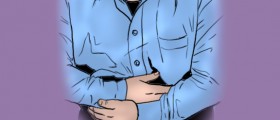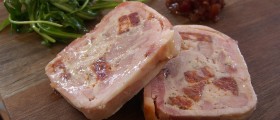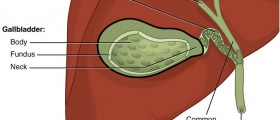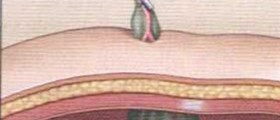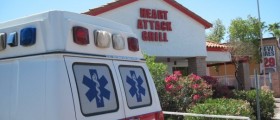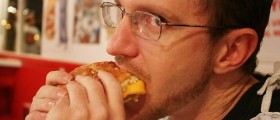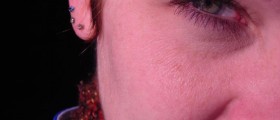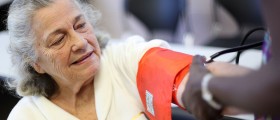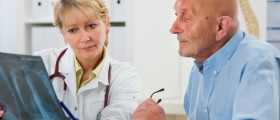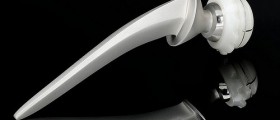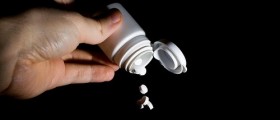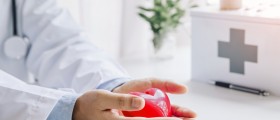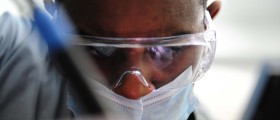Loading...
Loading...
Loading...
I also appear to be in the same boat as everyone else. I suffer from crampy gallbladder pain, nausea, weight loss, fatigue, acid reflux, constipation, belching, and stomach cramps. I have had two ultrasounds, an endoscopy and a HIDA exam (EF 81%).
I spoke with a surgeon and he was also reluctant to remove my gallbladder stating that I had a 50/50 shot of it working and a good chance of making my symptoms even worse. I asked him, “if it’s not gallstones and it’s not a sluggish gallbladder then what could be the source of my pain?” He said that a few of his patients suffered from food sensitivities (gluten, dairy, soy, etc.) or have diseases such as irritable bowel syndrome and celiacs disease. Staying on the safer side, I elected to try several different diets to determine how much food was really affecting me. The third diet I tried was a gluten free diet and within two days my fatigue, nausea, constipation, stomach cramps, and belching subsided. Although my gallbladder pain is still intermittent, the intensity of pain has significantly declined. I am now attempting the FODMAP diet (a slightly more restrictive than gluten free diet) to determine the full effect of food on my body. I am also practicing yoga to help elimate stress. Also, I have found that a heating pack helps soothe and relax my cramping gallbladder.
If my gallbladder pain doesn’t completely go away in the next few months then I will touch base with the surgeon to see if a gallbladder removal is back on the table. It definitely sucks to have to change your eating habits, but eating gluten free is nowhere near as bad as suffering with chronic pain and discomfort. I know how frustrating this process is but we have to stay positive and help eachother diagnose this pain that the doctors cannot. I hope this post helps a few find relief.
Feel better friends!
-Kat
Loading...
I have no pain but i also am bloated and nauseated. I am also experiencing low energy level like yourself. One thing that seems to bother me which i did not see listed in your description above is diarrhea after i eat certain food. My surgeon has recommended that i have my gall bladder removed. I am just waiting to hear on my surgery date.
Loading...
Loading...
Loading...
Loading...
I had a 100% ejection fraction (pretty much unheard of) and had instant relief when I had my gallbladder taken out. I will say, there are things you need to do for the rest of your life afterwards though to have great gut health. 1- always take a daily probiotic. I take renew life daily 15 billion. This also keeps our household from getting sick so I can't imagine why you wouldn't want to do this no matter what your gallbladder situation is. :) 2- never have an empty stomach for long. I keep crackers around and eat just a few if I haven't eaten in about 2 hours time. This keeps the bile from just sitting in your stomach and intestines and eating away at the wall causing indigestion and heart burn. Keep in mind, you will have diarrhea after the surgery (the kind that makes you feel like you are melting your lower digestive track). This is because the bile is no longer being stored in your gallbladder and released only when you eat. It is not being directly ejected in to your stomach and intestines as it is made. Your body will take months to adjust. Avoid all fats, oils, grease, fried foods, and such for several months. You will eventually be able to fit these items back in to your diet but don't be in a hurry. Take months to reintroduce foods so your body doesn't suffer. p.s. I just happen upon this site so I won't be able to provide any additional answers if ppl have questions. I just wanted to provide a bit of relief to those that are having questions about whether or not anyone has gotten relief from removing the gallbladder. p.s.s I have had a more serious surgery as well and it ended up giving me severe adhesions that has debilitated my life so please do research on adhesions as a result of surgery and weigh your options. Unless you are in severe pain from your gallbladder, I would recommend diet changes and preventing surgery if it's an option. Best of luck to you all!! :-D
Loading...
Loading...
In that case is there a way to just use it less and stop worrying?
I occasionally have attacks, but not frequently. eating healthy seems to help - perhaps low fat for a while is good.
Loading...



